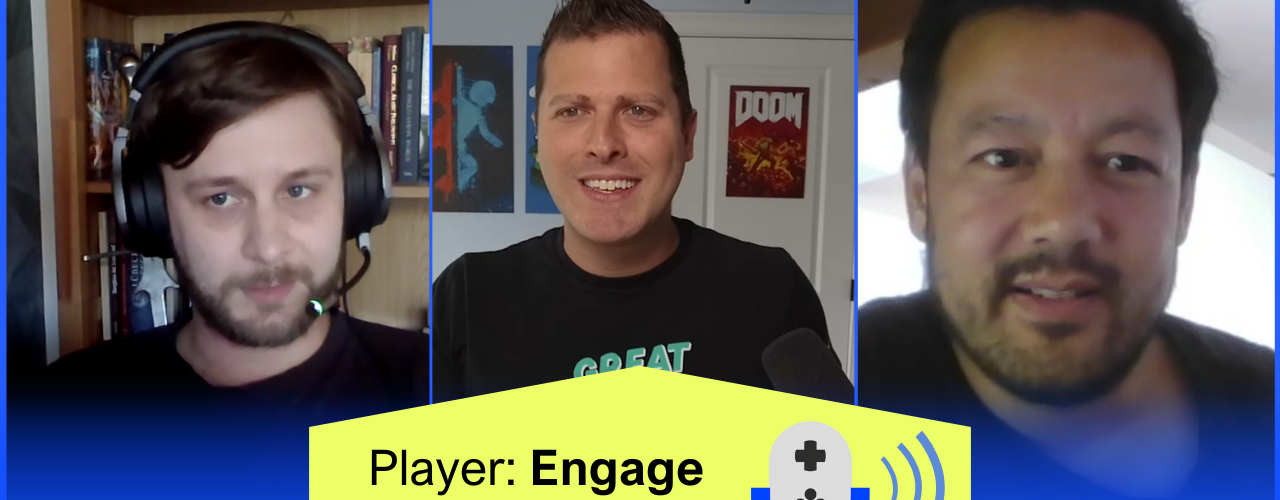In the latest episode of our podcast, we had the pleasure of sitting down with Dang-Stefan La Hong from Playa Games and Conor McGinley from Bytro, both of whom are integral to the Stillfront Group’s community management and support operations. Their insights into the evolving landscape of community management, particularly in the gaming industry, are not just enlightening but also a guide for anyone looking to improve their customer and player support systems.
View on Zencastr
Key Takeaways:
1. Moving Support In-App: A Game-Changer Dang and Conor both discussed the significant shift from external support systems like email and forums to in-app support. This transition allows for more consistent and context-rich interactions with players, leading to quicker resolutions and a better understanding of the player’s issues. Conor emphasized how moving to in-app support enabled them to track issues more effectively and maintain consistency across player interactions.
2. The Importance of Automation Both Dang and Conor highlighted the importance of automation in handling mundane tasks like password resets and refund requests. Automation not only frees up agents to focus on more complex issues but also helps in maintaining the flow of work, keeping agents in what Conor described as a “flow state.” Dang shared how automation at Playa Games has allowed his team to handle more tickets without sacrificing quality.
3. Challenges with Adoption and Player Reactions Introducing a new support system always comes with challenges, especially when dealing with long-time players accustomed to the old ways. Both Dang and Conor faced resistance from their communities, particularly from older players who were more comfortable with email-based support. Conor shared how some players even found old links to the previous support system in an attempt to bypass the new system. However, over time, most players adapted, and the benefits of the new system became clear.
4. Building a Community-Driven Support System One of the most interesting aspects of the discussion was how both Dang and Conor leveraged their communities to support each other. Dang mentioned how more experienced players on Discord would help others navigate the new support system, reducing the burden on support agents. Conor added that while their volunteers were initially unhappy with the changes, they were eventually given more engaging tasks that better utilized their passion for the game.
5. The Role of KPIs and Continuous Improvement KPIs (Key Performance Indicators) were a major focus for both Dang and Conor. They stressed the importance of continuously monitoring and refining their support systems based on KPIs like first response time, CSAT (Customer Satisfaction), and the efficiency of their automation. Conor, in particular, shared his approach to constantly reviewing and improving automation steps to enhance the overall efficiency of their support processes.
Final Thoughts
The conversation with Dang and Conor offered invaluable insights into the future of community management and support in the gaming industry. Their emphasis on automation, in-app support, and the importance of community involvement provides a roadmap for other companies looking to enhance their player support systems. As we move into an increasingly digital and interconnected world, these strategies will become even more critical in maintaining player satisfaction and engagement.





